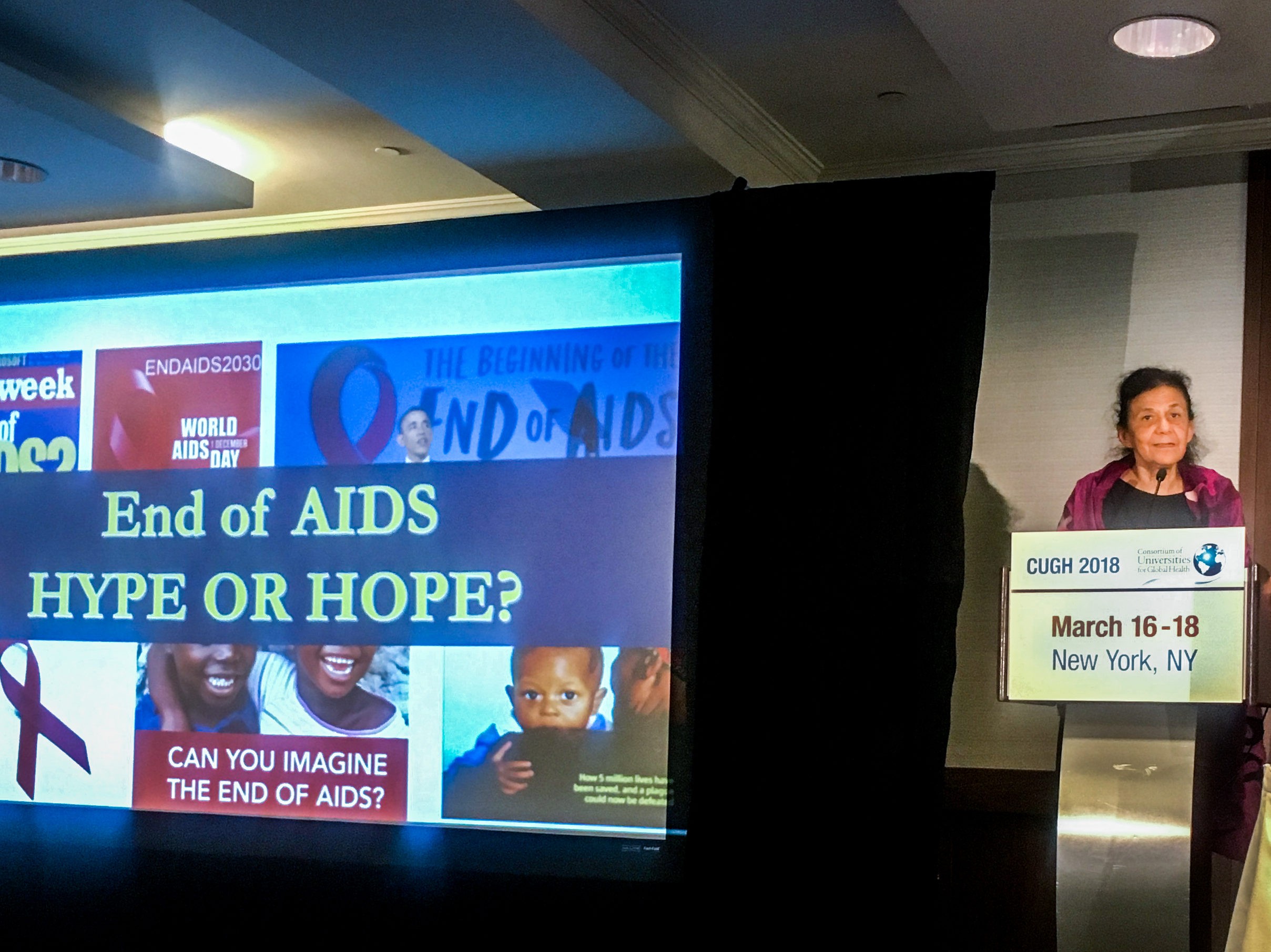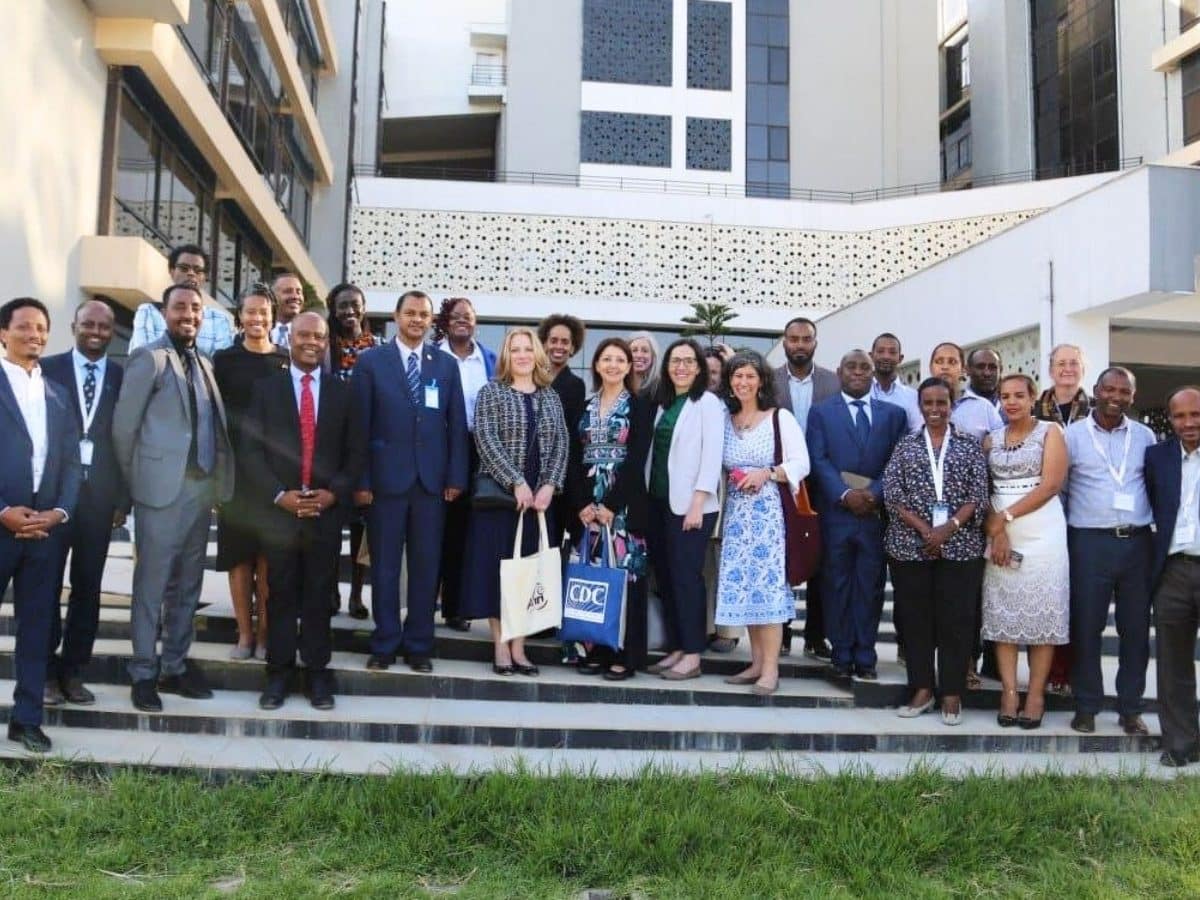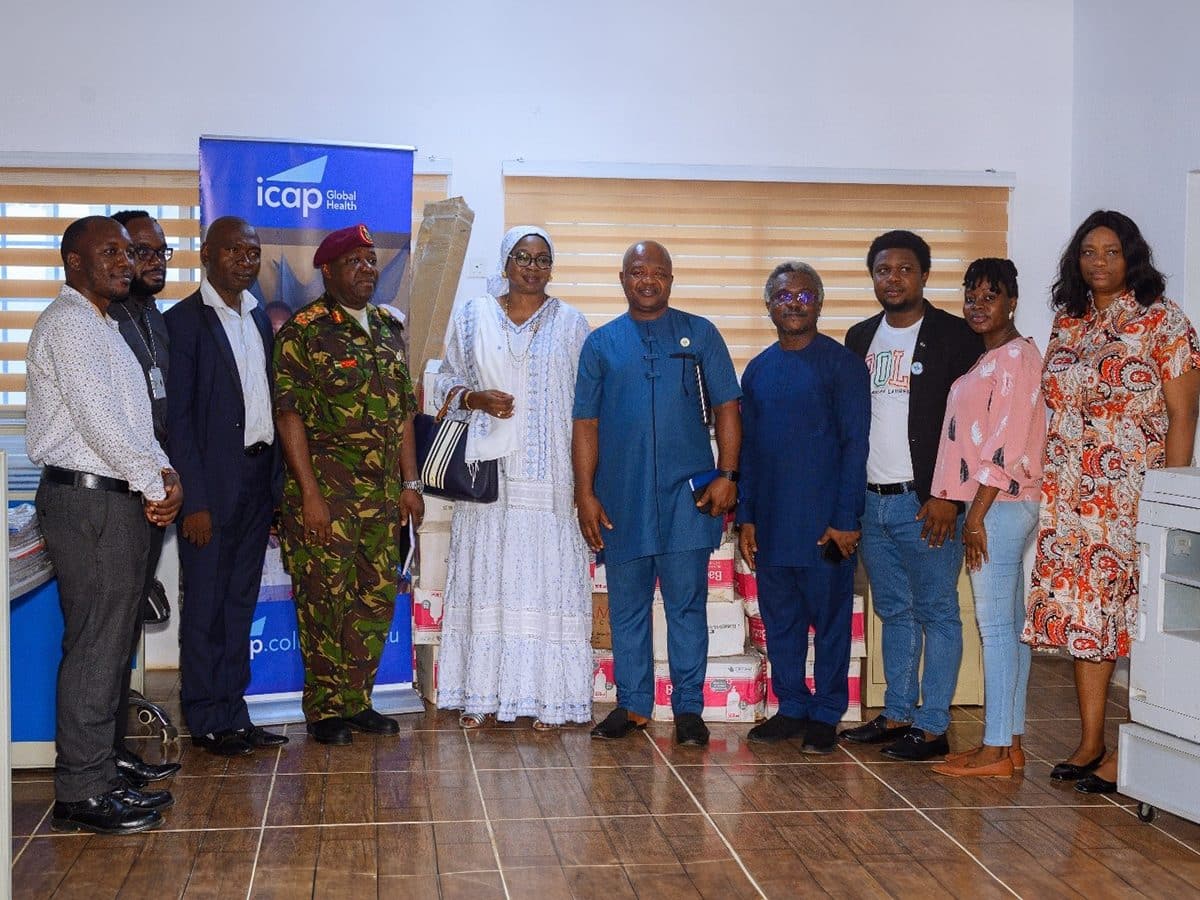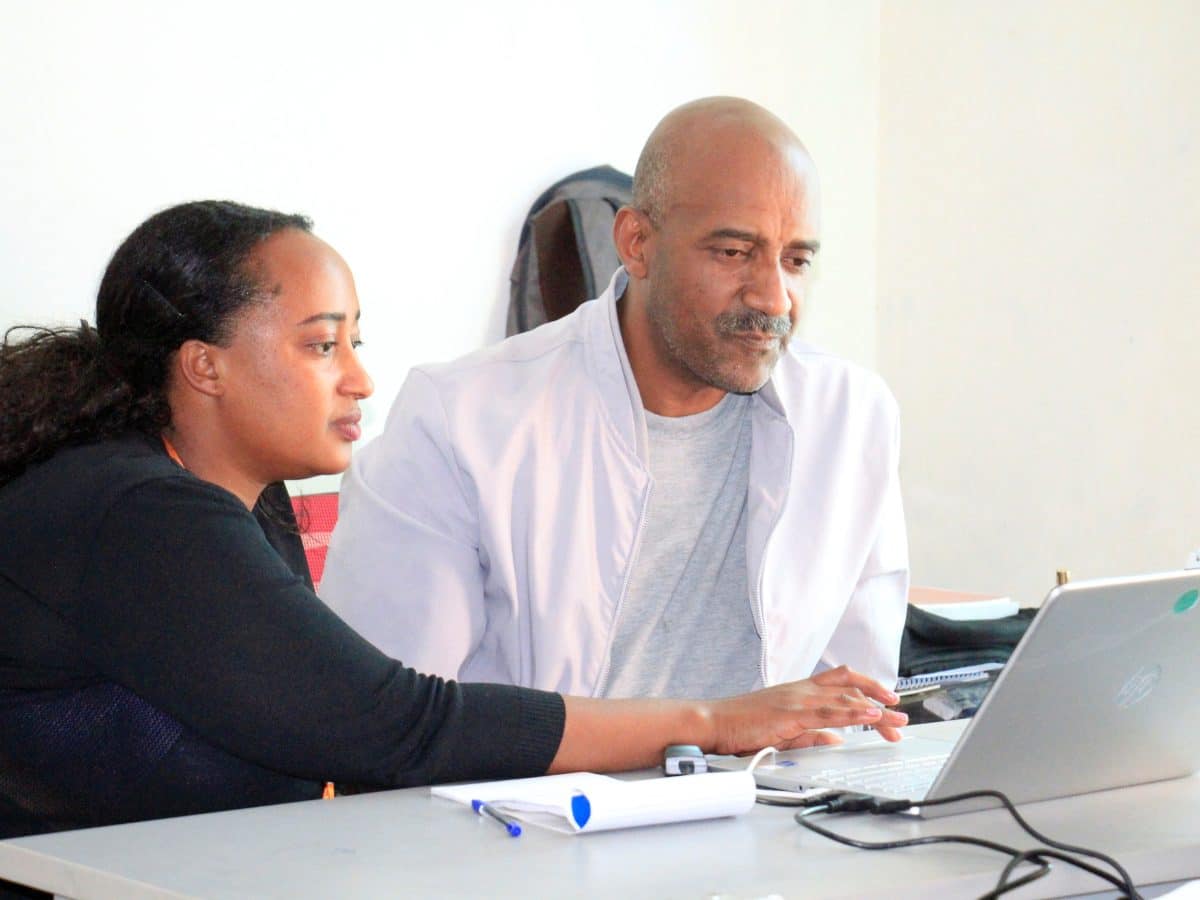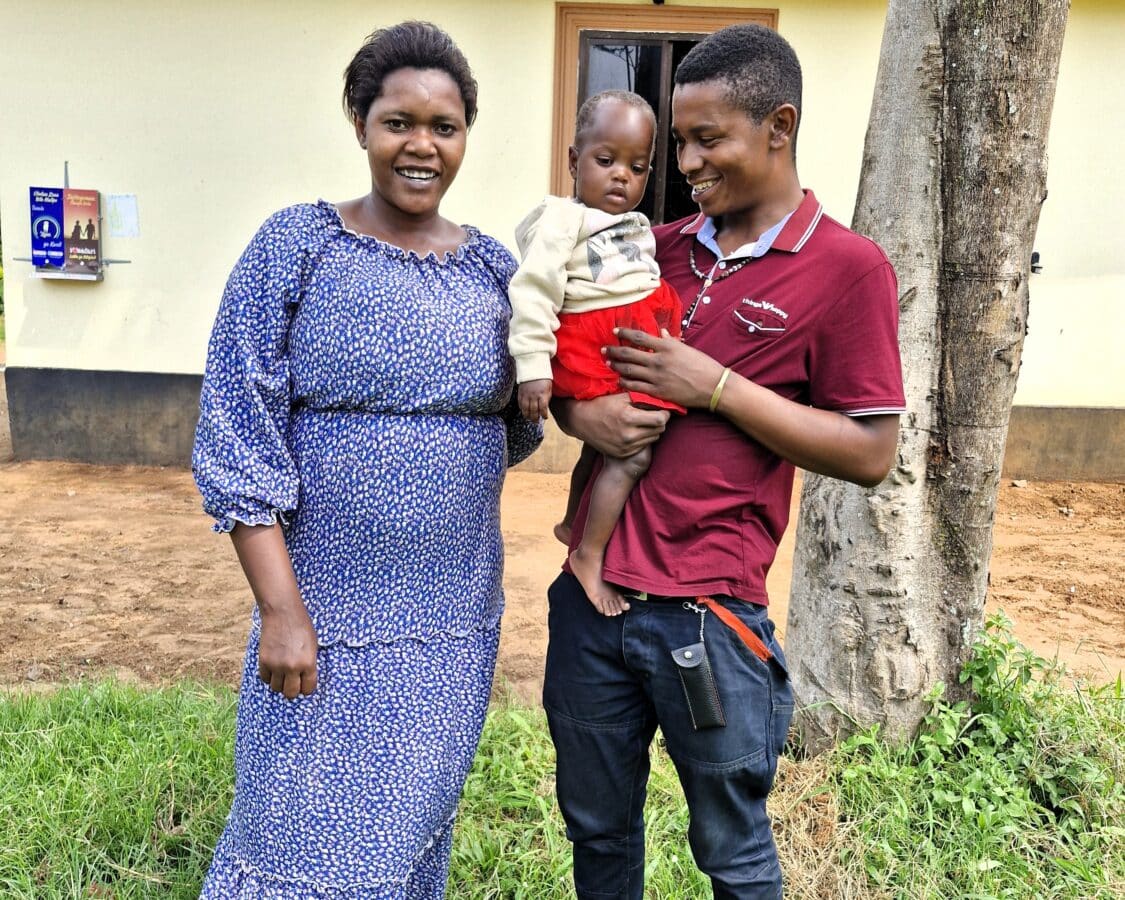Two recent conferences, Conference on Retroviruses and Opportunistic Infections (CROI) in Boston from March 4–7, and the annual meeting of the Consortium of Universities for Global Health (CUGH) in New York from March 15–18, offered the opportunity for ICAP to share experiences in programs, research and training. Below are highlights from these presentations:
ICAP at CUGH
ICAP’s founder and global director, Wafaa El-Sadr, MD, MPH, MPA, served as one of the conference chairs for CUGH 2018, which welcomed more than 1,800 people from 55 countries to focus on global health from every angle. Columbia University co-hosted the conference, along with Stellenbosch University in South Africa and the University of Peradeniya in Sri Lanka, beginning with satellite sessions on March 15 and continuing with the main conference from March 16-18.
One of the conference highlights was a vibrant debate moderated by El-Sadr, centered on a critical concept in global health. Cheryl Healton, DrPH, MPA, Director of the NYUGlobal Institute of Public Health and Dean of NYU’s College of Global Public Health, argued for the statement, “Equity is the defining objective of global health in the 21st century,” with the opposing argument presented by Richard Horton, FRCP, FMedSci, editor of The Lancet in the United Kingdom.
Two ICAP-moderated breakout sessions rounded out the conference on Sunday afternoon. “Ending AIDS: Hope or Hype?” was moderated by El-Sadr and featured Elizabeth Radin, PhD, MPA, and Harriet Nuwagaba-Biribonwoha, MD, PhD, both of ICAP, along with Solange Baptiste, executive director at the International Treatment Preparedness Coalition (ITPC), and Rejoice N. Nkambule, deputy director of health services for the Ministry of Health in Swaziland. This session explored the status of the global HIV response with a look ahead to the possibility of ending AIDS as a public health threat, emphasizing strategies to overcome anticipated challenges through stakeholder engagement and community involvement, and using learnings to confront other health threats. El-Sadr also gave the keynote talk at the 6th Annual Symposium on Global Cancer on the lessons learning from the HIV response that could inform the global response to cancer.
Concurrently, the “Chronic Emergency: Strengthening Health Systems to Provide Non-Communicable Disease Services to Refugees and Displaced Populations,” session was moderated by ICAP’s Miriam Rabkin, MD, MPH and included Fouad M. Fouad, MD, and Hala Ghattas, PhD, of the American University of Beirut, Lebanon, Michael Doyle, PhD, of Columbia University’s School of International and Public Affairs, and Paul Spiegel, MD, from the Johns Hopkins Bloomberg School of Public Health. The discussion focused on the broad range of health services needed by refugees and displaced people in the 21st century and the unique challenges they face in this context.
In another session at the conference, Dr. Harriet Nuwagaba-Biribonwoha, research director at ICAP in Swaziland, contributed to the panel discussion on best practices for student field work in global health. This session was moderated by Columbia University Mailman School of Public Health Vice Dean for Education Julie Kornfeld, PhD, MPH.
One particular highlight for ICAP at CUGH was Nuwagaba-Biribonwoha’s recognition as the recipient of the prestigious CUGH Hall-Sewankambo Mid-Career Leadership Award. Nuwagaba-Biribonwoha was nominated for her work in addressing disparities in health and her passion for training and education. Her research work and her leadership role in the 2016 Population-based Impact Assessment (PHIA) (SHIMS2) conducted in Swaziland in collaboration with ministry of health and CDC were also acknowledged.
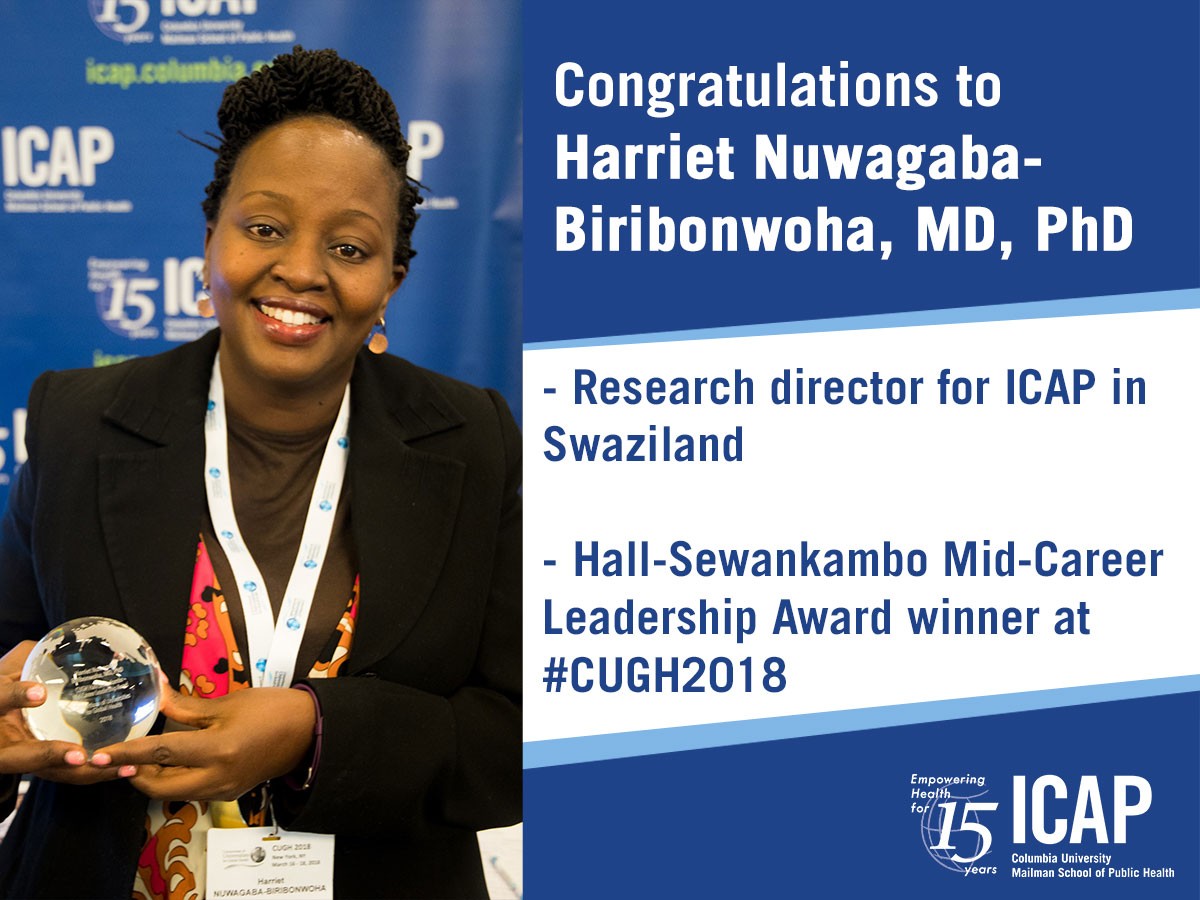
ICAP at CROI
ICAP was fortunate to have several presentations at CROI 2018. These included presentations by El-Sadr on advances in HIV prevention at a workshop for new investigators and trainees, and by Jessica Justman, MD, principal investigator on the PHIAproject, on population-based studies and their value in a workshop on clinical trial design and analysis. In addition, ICAP’s Miriam Rabkin, MD, MPH, spoke at a CROI-affiliated event summarizing the key evidence informing WHO guidelines on advanced HIV disease that were recently released as a special supplement on advanced HIV disease in Clinical Infectious Diseases.
At CROI, ICAP presented 20 posters, two oral presentations, and one oral themed discussion. Presentation videos are archived on the CROI Webcasts site:
- Advances in HIV Prevention
Wafaa M. El-Sadr, ICAP at Columbia University - Measuring Population-Level Impact of Interventions
Jessica E. Justman, Columbia University - High HIV Burden among Children in Lesotho: Findings from a Population-Based Survey
Presented by: Kyaw Thin (Ref: Poster #824) - Persons Living with HIV (PLHIV) with Advanced HIV Disease: Need for Novel Care Models
Presented by: Chloe Teasdale (Ref: Poster #898) - ART Detection and Resistance During Viraemic Episodes in Pregnancy and Breastfeeding
Presented by: Landon Myer (Poster #140 – MCH–ART-4)
“It is always exciting to gather with colleagues from around the world to share and learn,” said El-Sadr. “These conferences often spark novel ideas and motivate new collaborations that are key to advancing science and practice.”


